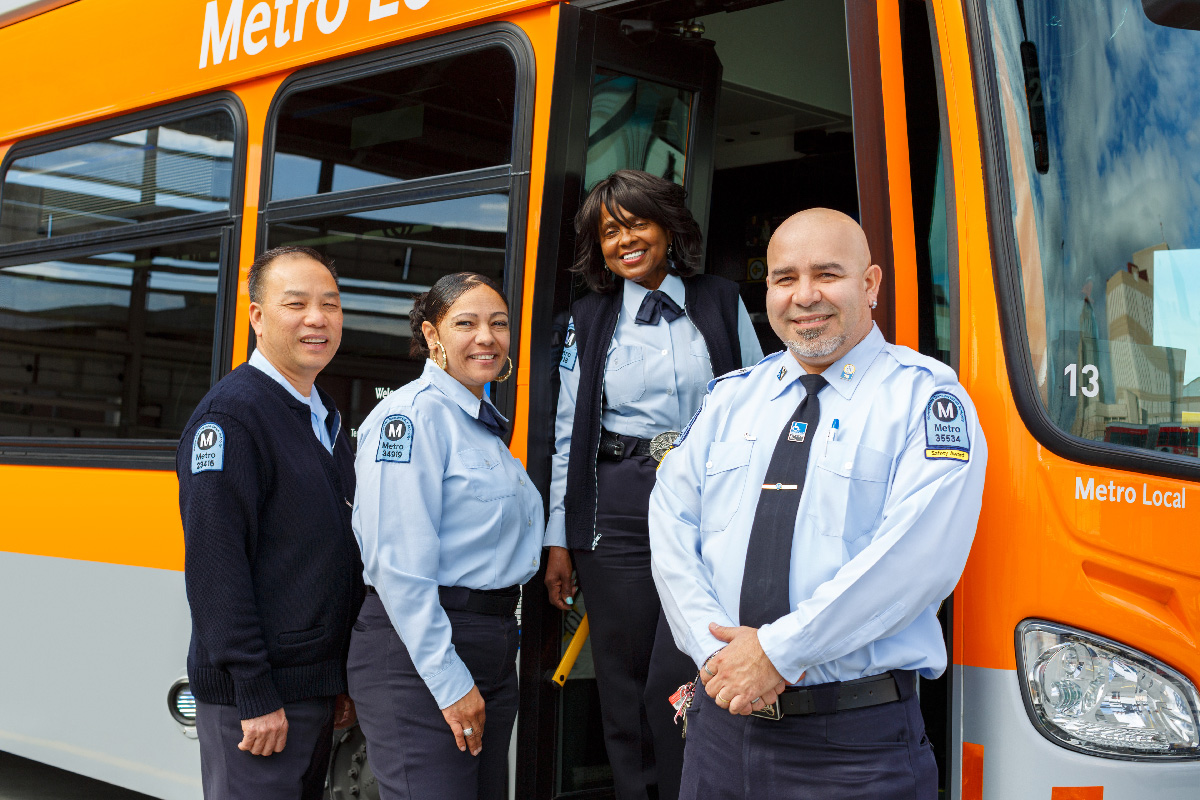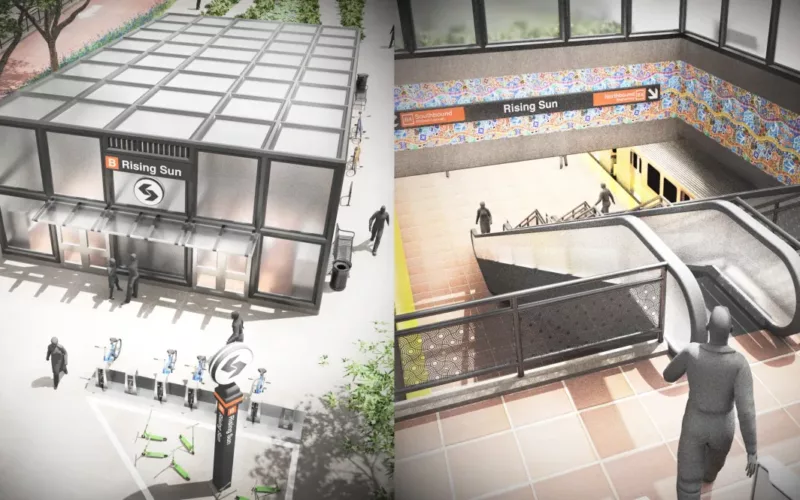
USDOT's new drug testing rule could enable transit agencies to recruit more bus operators and restore and improve service. Photo credit: LA Metro
The bus operator shortage across the country is impacting transit agencies’ ability to run service and leaving riders stranded. Our report on the topic, Operators in Crisis, found that an impediment to hiring more operators is outdated drug testing. Agencies still use urine tests to test for marijuana, which can detect the drug as far back as 30 days. This presents a big problem in the 23 states where marijuana has been legalized in some form. Bus drivers who use marijuana recreationally and legally but go to work completely sober can face punitive actions, and would-be operators who use it are deterred from applying to work at transit agencies, contributing to the shortage.
In recognition of this dilemma, the USDOT changed drug testing rules on June 1st, 2023, allowing transit agencies and others involved with transportation to use oral fluid drug testing instead of, or alongside, urine testing. Oral fluid testing (sometimes called a spit or saliva test) only detects use as far back as 5 to 48 hours. This was a positive development, as it will give agencies the ability to hire more operators and preserve and expand transit service.
Unfortunately, there’s a hold-up to implementing the USDOT rule – the US Dept. of Health and Human Services (DHHS) must certify at least two labs to do the testing before agencies can start using oral fluid drug testing. So far, DHHS hasn’t certified any. Two is the minimum number of labs required – and won’t be an ideal number from a geographic perspective, as it will require agencies to ship specimens across the country. But it’s likely that once a couple of labs come on board, more will follow.
The Substance Abuse and Mental Health Services Administration (SAMHSA) is the part of DHHS that is responsible for certifying these labs. SAMHSA created the National Laboratory Certification Program (NLCP) to develop a laboratory certification program, and NLCP has contracted with RTI International to do the certifications.
We need more daylight on this issue – and your voice! Reach out to DHHS Secretary Xavier Becerra and ask him to expedite the lab certification process for Oral Fluid Drug Testing to enable our agencies to retain and hire more operators. He can be reached at [email protected], [email protected], or (202) 690-7000.
While we wait for this certification process to resolve, it’s also essential to push your local transit agency to formally adopt policies that comply with the new rule and allow every employee to use the oral fluid test or “spit test” as opposed to the urine test for marijuana. Many agencies haven’t even heard about the new ruling – so you can help spread the word! Drug laws have changed – it’s time for transit agencies to catch up.
 To Achieve Justice and Climate Outcomes, Fund These Transit Capital Projects
To Achieve Justice and Climate Outcomes, Fund These Transit Capital Projects
Transit advocates, organizers, and riders are calling on local and state agencies along with the USDOT to advance projects designed to improve the mobility of Black and Brown individuals at a time when there is unprecedented funding and an equitable framework to transform transportation infrastructure, support the climate, and right historic injustices.
Read More How Transit Advocates Scored a Major Victory in Minnesota
How Transit Advocates Scored a Major Victory in Minnesota
A major legislative accomplishment in Minnesota exhibits the political clout of coordinated efforts between transit and climate advocates.
Read More